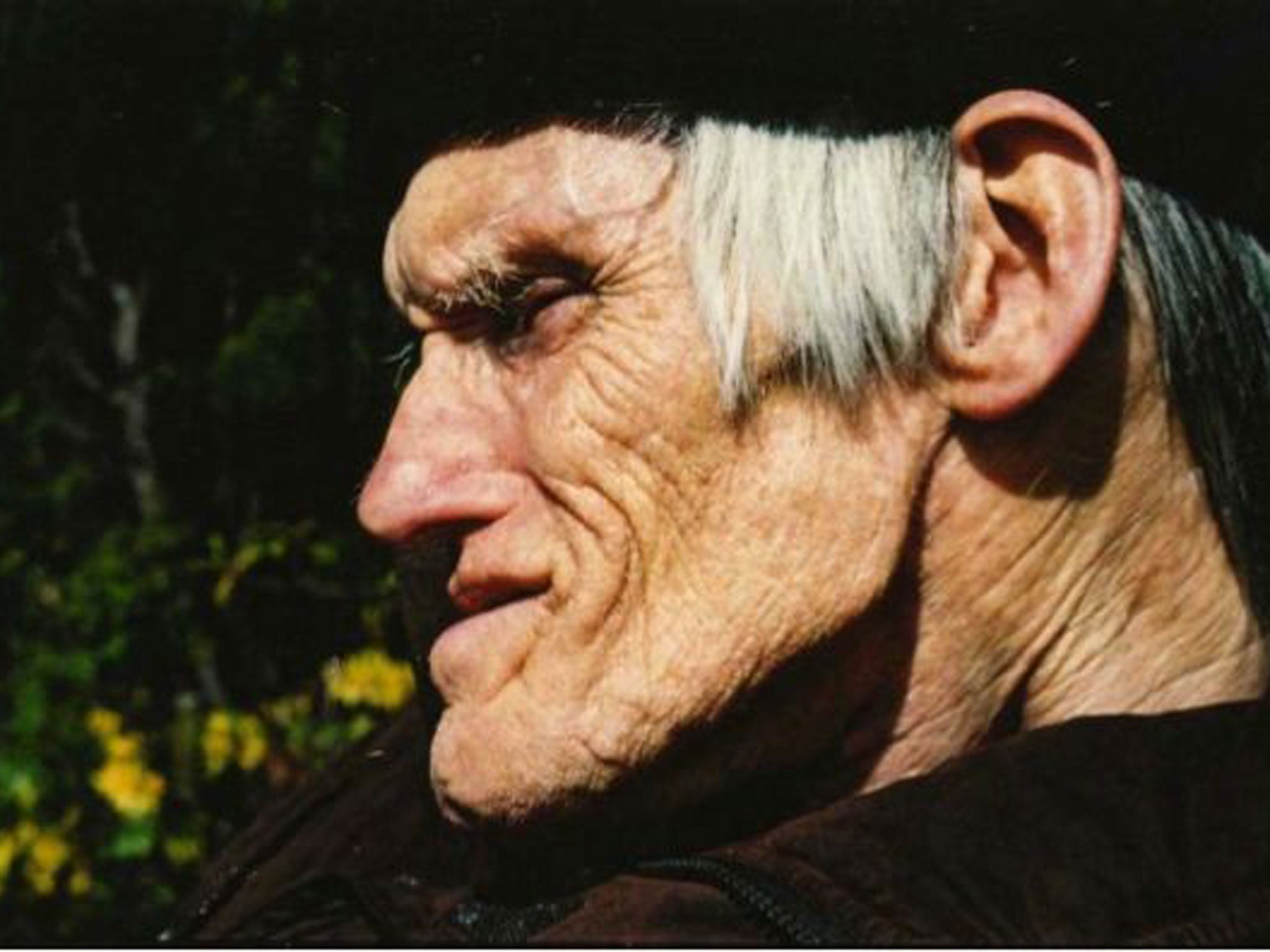Anthony Conran: Acclaimed poet and translator
His achievement was all the more remarkable for the fact that he was born with cerebral palsy

Few of those who have translated Welsh poetry into English have succeeded as well as Anthony Conran, whose Penguin Book of Welsh Verse, published in 1967, revealed to a wider readership not only the social background to Welsh poetry over the 1,400 years of its composition but something of the complexities which are its hallmark and, for Welsh-speakers, the source of so much of its delight.
In a long introduction he explained the traditional function of the Welsh poet as elegist and eulogist, the pillar and buttress of his society. Welsh readers applauded his understanding of the ancient prosody and English readers admired the masterly, readable versions of unfamiliar poems. The paperback took its place among the major fruits of literary scholarship in post-war Wales. A revised edition, Welsh Verse (1986), is still in print.
Conran's achievement was all the more remarkable in that he had been born with cerebral palsy. This was wholly overcome by his intellect, cheerful disposition and devotion to what he saw as the art of poetry and the poets function, which he expounded with stamina and erudition.
I first had a taste of his rigorous dialectic in 1961 as a postgraduate student at the University College of North Wales, Bangor, where from 1957 until 1982 Tony was Research Fellow and Tutor in the English department. His book-strewn flat with its limitless supply of good coffee was a mecca for anyone with literary ambitions.
He was primarily interested in Welsh writing in English, or Anglo-Welsh literature as he preferred to call it, and in making it susceptible to the influence of writing in Welsh. His articles in The Anglo-Welsh Review in the late 1950s were the first stirrings of a critical reassessment which served as a prerequisite to “the second flowering” of Anglo-Welsh poetry in the decade following.
Despite being such a notable translator, and although his knowledge of Welsh poetry was profound, he was never able to hold a conversation in the language. He was born in Bengal in 1931, the only son of an engineer on the Indian railways. Brought back to Wales to be reared by his grandparents in Colwyn Bay, in 1950 he entered the University College at Bangor, taking a First in English and Philosophy.
It was in Chelmsford, where he was briefly a clerk in a factory, that he began reading Welsh poems and making his first tentative attempts at rendering them in English. The turning point in his career came in 1954 when he won a competition for an elegy on the death of Dylan Thomas.
His first book, Formal Poems (1960), included translations of the medieval masters such as Dafydd ap Gwilym, and poems of his own which reflected the civilisation in which they had flourished. The religious complexion of the poetry held great appeal for Tony, who shortly after graduating had converted to Roman Catholicism.
Conran was prolific; he wrote poems as gifts for friends for weddings, birthdays, anniversaries, funerals, and so on. As a poet, he saw himself as part of a community with responsibilities to fulfil by means of his art. He was to publish another dozen books of poetry, including four volumes of his Collected Poems, as well as a bewildering array of pamphlets, many from his own Deiniol Press.
Much of his writing is modernist in technique and experimental and multifaceted in form, yet rooted in the Welsh tradition of praise and celebration. Perhaps he is best knownfor “Elegy for the Welsh Dead in the Falkland Islands, 1982”, which combined remembrance of the sixth-century Welsh (or British) defeat at Catraeth with the deaths of British (or Welsh) soldiers at Bluff Cove. Some of his later work was written for performance, and the greater part of it has a left-wing, Welsh Nationalist stance. Mature, and demanding, poems are to be found in Blodeuwedd (1988), Castles (1993), All Hallows (1995), A Gwynedd Symphony (1996), and the long autobiographical poem “What Brings You Here So Late?” (2008).
As a critic of contemporary Anglo-Welsh literature, Tony argued against Anglicisation, provincialism and suburbanisation, and in favour of an awareness of the more robust, socially conscious Welsh literary tradition. At the same time, he was not averse in his work to borrowing from other cultures, including Kathkali dance, the music of Mozart, the symphonic qualities of Wordsworth's poetry, Chinese shih, Irish ballads and the theories of Cubism. Few poets have been able to draw on such a breathtaking range of ideas and forms.
Tony's domestic life was happy and the source of many of his poems. After he married Lesley Bowen in 1977 she became his amanuensis and collaborator. A particular source of pleasure was that, like their mother, his two daughters, Maia and Alys, are fluent Welsh-speakers.
Anthony Edward Marcell Conran, poet and translator; born Khargpur, Bengal, India 7 April 1931; married Lesley Bowen 1977 (two daughters); died Bangor, Gwynedd 14 January 2013.
Join our commenting forum
Join thought-provoking conversations, follow other Independent readers and see their replies
Comments
Bookmark popover
Removed from bookmarks